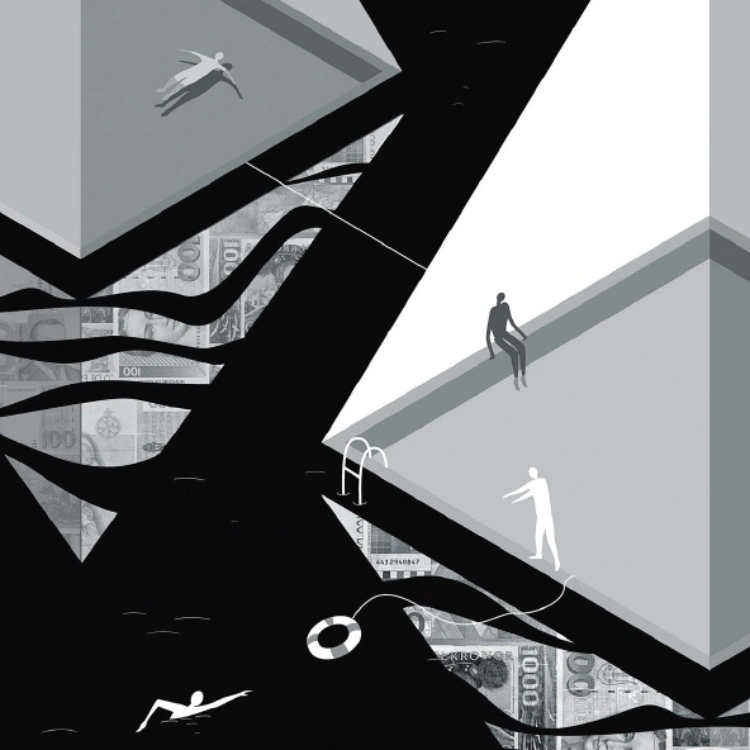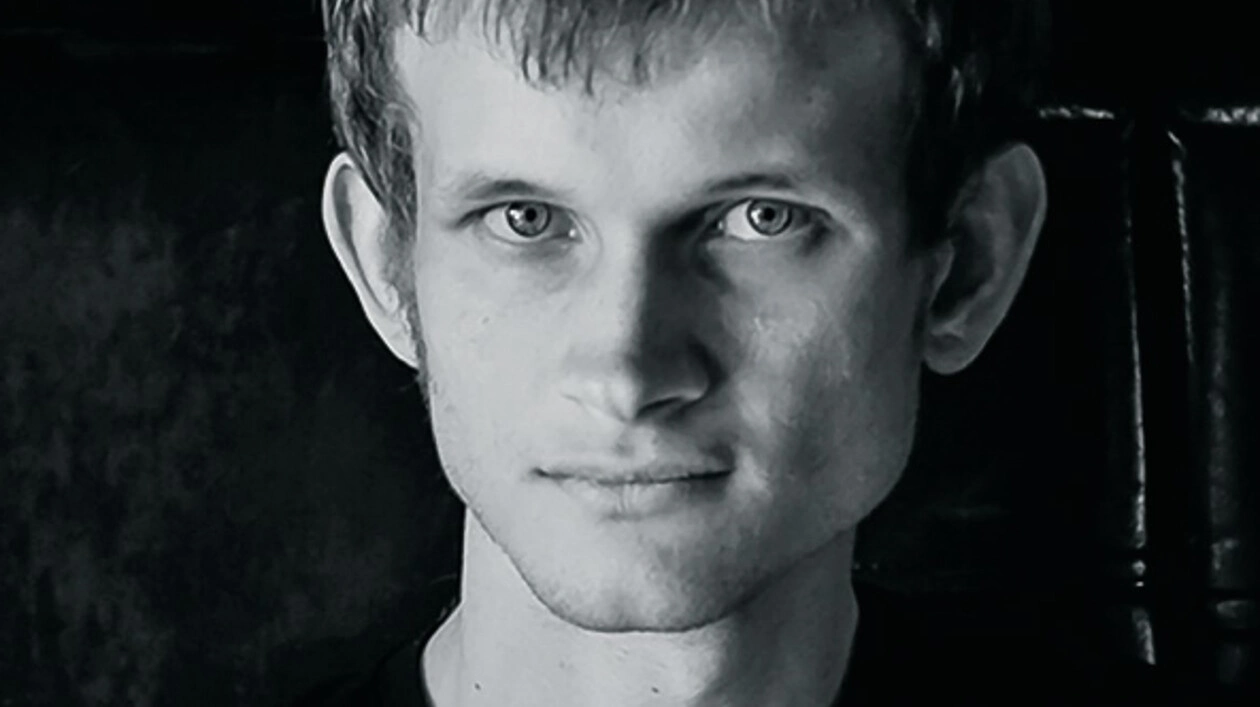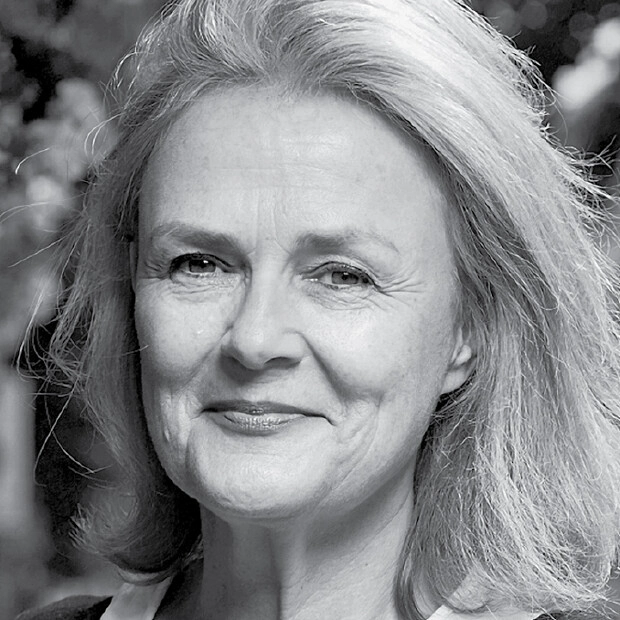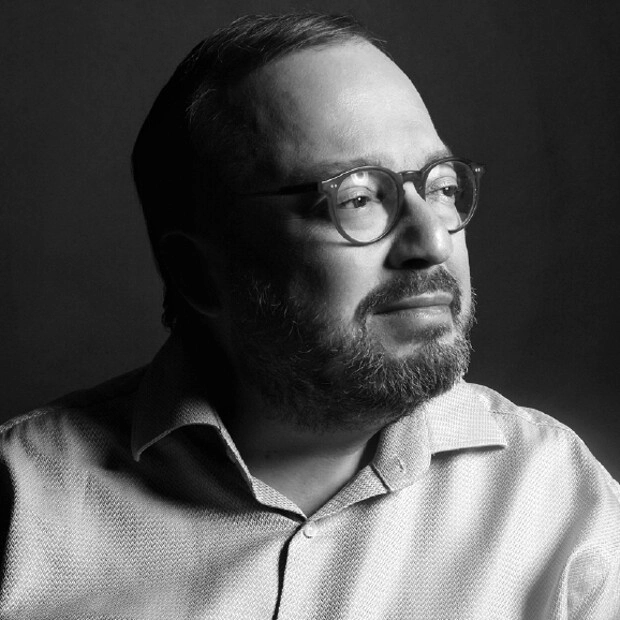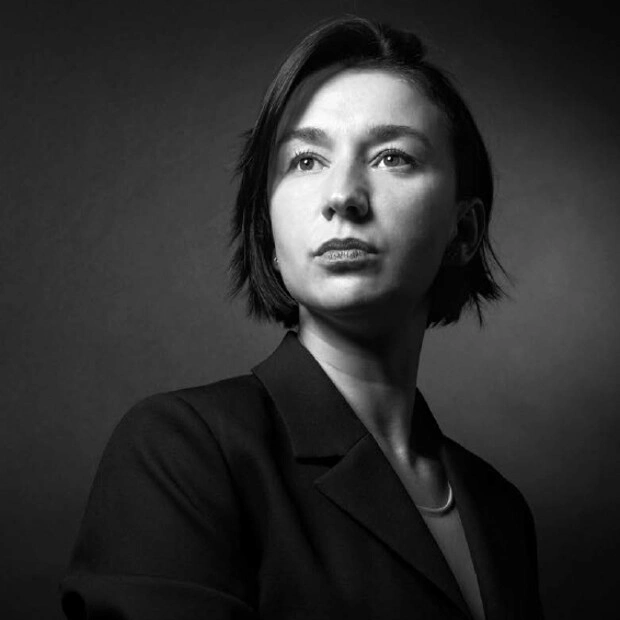The world is becoming more and more digital, and people continue to wonder whether or not artificial intelligence is a good thing. A few years ago, philosopher Nick Bostrom claimed humans are the least reliable system. Realising our unreliability, we continue to strive to preserve humanity's existence on Earth, even as we multiply new technologies. The ground-breaking public Ethereum platform is a reliable system that is a glorification of the human the transparency of all actions. Ethereum co-founder Vitalik Buterin is now standing on the threshold of a new world, open and fair, one whose code, four years ago, he wrote himself.
I like building things that have never been built before. The creation of an open and universal blockchain platform, which is already in the process of transforming our entire financial landscape, is my mission, my idea, what I'm aiming for. Today, Ethereum's capital amounts to tens of billions of dollars, but the money aspect is what interests me least. The platform demonstrates the impulse of the new, independent, and progressive movement that's happening worldwide. There will be an inevitable global change that will lead us to a better, more transparent world structure, one that I've always dreamed of, as have millions of others all over the world.
My early childhood was spent in Kolomna, near Moscow. Around the age of six, my parents and I moved to Canada. I had a few hobbies at that age, like playing the cello and memorising the digits of pi. Some learn the work of Pushkin, and I learned numbers. I was always surrounded by them. So it seemed only natural that coding would appear in my life when I was just ten. I had run into a problem: playing World of Warcraft, a computer game I liked, it was impossible to buy weapons and equipment without money. I had some pocket money, of course, but I wanted more, and I had neither bank card nor bank account. And there are millions of other people in this very situation. Having discovering anarchist literature early on, I realised even then that, if money is power, and politics is engaged in the organisation of power, it works out that those who are in charge of money are those who rule. That's what attracted me to Bitcoin, and there was the clear realisation that payment without intermediaries was possible. But I was troubled by how expensive and unsafe those payments were no one would write their home address down on a bank note.
When I was 16, I started getting interested in blockchain. My friend somehow came up with the idea of starting "Bitcoin Magazine". I supported it, and together we founded one of the first periodicals about bitcoin. For some time, we talked and worked together with the Israeli crypto community, and I was shown that the idea of blockchain is applicable not only to the field of cryptocurrency. Right away, I saw an issue with bitcoin it's very slow and can't replace mod-ern payment systems. It seemed to me that blockchain technology contained more potential to make great changes and improvements in various aspects of society. Then there came the idea to improve upon that system, to create a kind of bitcoin 2.0. That became the Ethereum platform: fast, productive, with smart contracts and vast application.
In 2013, a team of like minded programmers gathered together with the goal of turning the idea of Ethereum into a reality. Not all of us believed in it, but there were a lot of supporters, and, for this, we're ex-tremely grateful. I doubted myself at first, because I may have had an idea, and a cool one, at that, but no one had ever tried to implement it before, presumably with good reason. When building something new, it's a bad idea to aim for perfection. The platform was launched in 2015, and IBM was the first company to work with us. That was the beginning of our success. They were then joined by UBS, Microsoft, J.P. Morgan Chase, Cisco, and Samsung. They all know perfectly well that not following the direction of blockchain means inevitable extinction. Because it's a fact: we create the kind of infrastructure that any person can use, no matter your age, location, wealth, social connections or status. And that's what motivates me. Cryptoeconomics interests me most of all as a system that a person can truly count on.
In the next year, I think Ethereum's bandwidth will be comparable to that of Visa or Mastercard, but, for now, we're working on network stability with regard to hacker attacks. In June 2016, the DAO was hacked, resulting in some 100 million dollars stolen. We managed to solve this problem, but only by intervening in the essentially decentralised system, which was completely contrary to the concept of our project. So security plays an extremely important role in blockchain, and we're working really hard on strengthening it.
Now, a lot of traditional banks are coming together to establish a general blockchain standard to use for their own interests, but they won't work; they're too clumsy and sluggish. There's very little left of the modern banking system, believe me. Now is the time: change, or disappear. Entire branches of the economy will be automated the banking sector will undergo the great-est transformation of the last 400 years.
